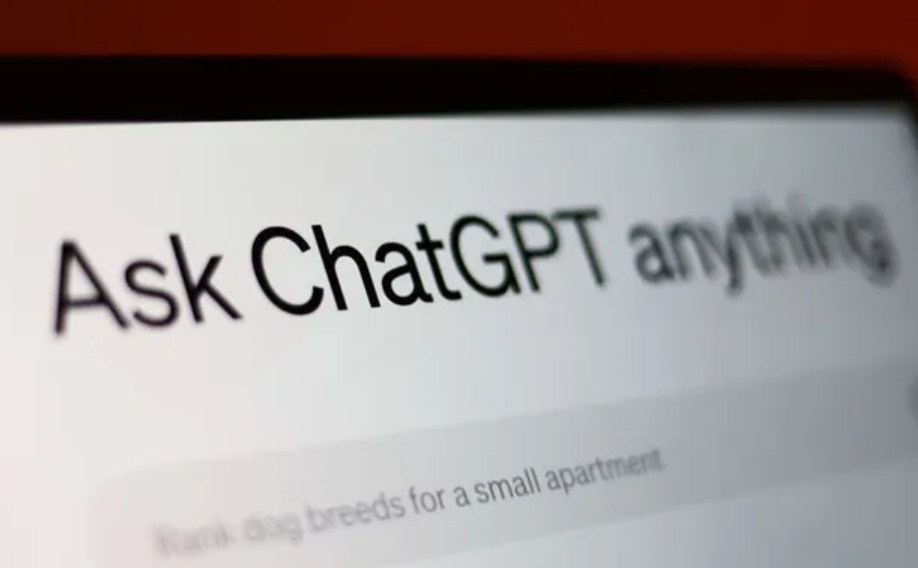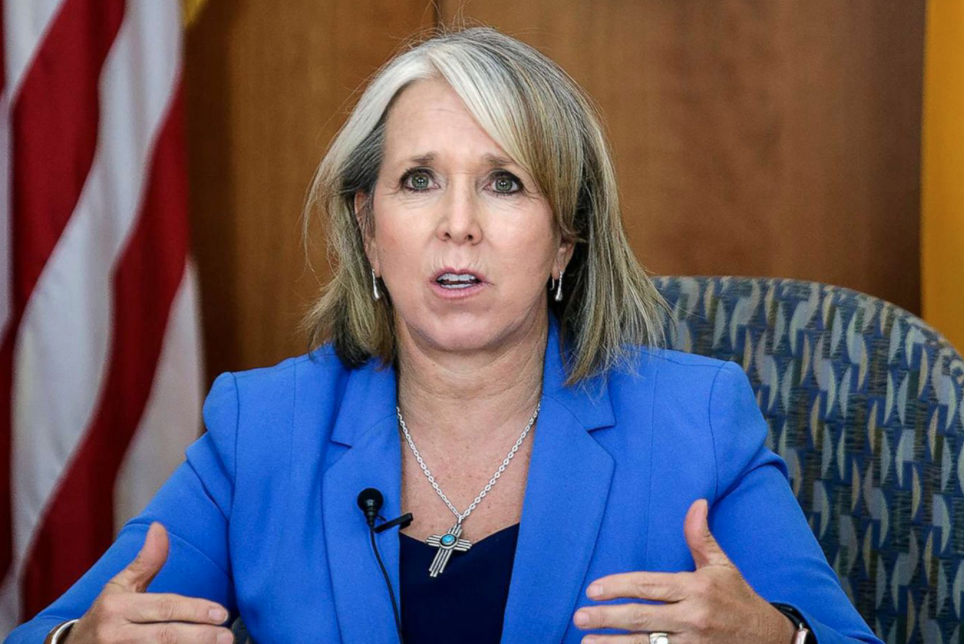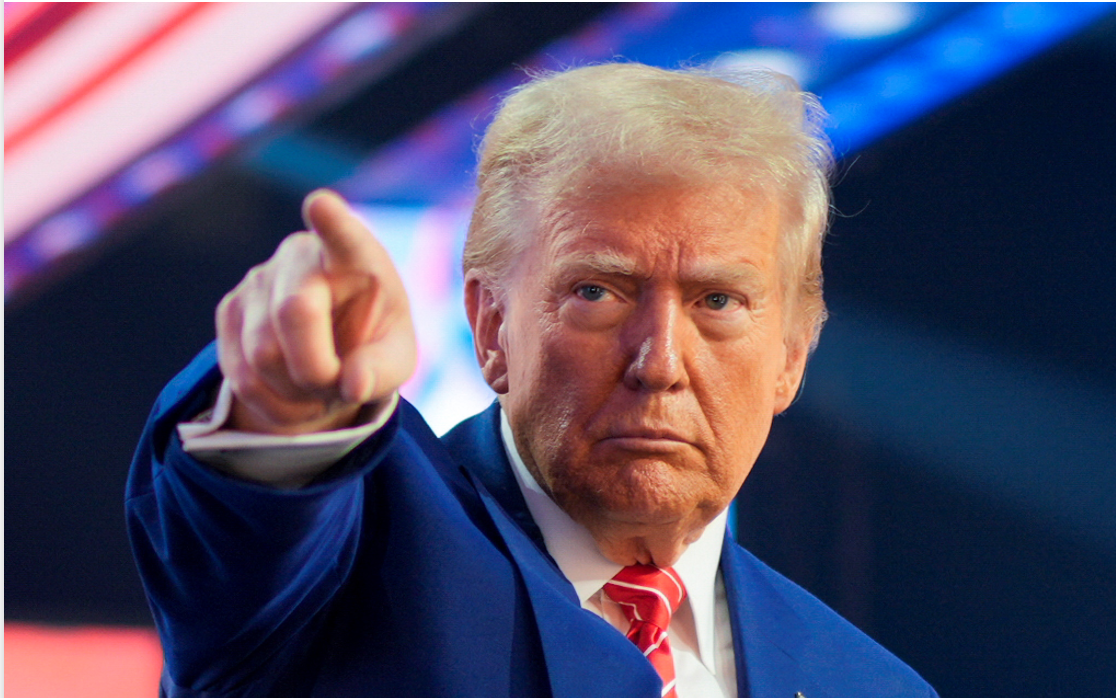U.S. military forces are preparing to head into the Southern Caribbean Sea after President Donald Trump ordered the Pentagon to launch operations against Latin American drug cartels, according to Reuters. The move marks one of the most direct uses of American military power in the region in years, and officials say it is aimed at addressing what they call “threats to U.S. national security” from designated narco-terrorist organizations.
The Pentagon has already started deploying forces, though the exact number of troops and ships involved has not been made public. According to The New York Times, Trump quietly signed an order last week authorizing U.S. troops to carry out anti-cartel missions in foreign countries. The specific cartels targeted under this directive have not been disclosed, leaving questions about how wide the operation could reach.
The United States has designated several cartels and international gangs as foreign terrorist organizations in recent years, most of them based in Mexico. However, sending forces to the Southern Caribbean points to a likely focus on Central and South American networks. Venezuela’s northern coast borders that sea, and the Trump administration has recently taken a tougher stance on the country’s leadership.
🚨BREAKING: The U.S. military is deploying air and naval units to the Southern Caribbean Sea to counter threats from Latin American cartels. pic.twitter.com/k2gYsDKUhF
— Election Wizard (@ElectionWiz) August 14, 2025
Notably, the State Department labeled two major Venezuelan groups—the Tren de Aragua gang and the Cartel de los Soles—as foreign terrorist organizations. The administration has accused Venezuelan leader Nicolás Maduro of working closely with drug cartels to smuggle deadly narcotics into the U.S. Attorney General Pam Bondi recently claimed that 30 tons of cocaine linked to Maduro and his associates have been seized, with seven tons tied directly to him.
The U.S. has also placed a $50 million bounty on Maduro, signaling how seriously the administration views his alleged connections to the drug trade. Officials say Maduro has even partnered with Mexico’s Sinaloa cartel to move drugs north, a claim Maduro denies.
While Trump’s plan expands the military’s role beyond U.S. borders, some leaders in the region have drawn firm lines. Mexican President Claudia Sheinbaum said that U.S. troops would not be allowed to operate inside Mexico. She said she was informed of Trump’s decision before it was made public, but made clear that any agreement to send American forces into her country was “absolutely ruled out.”
“It is not part of any agreement, far from it. When it has been brought up, we have always said no,” Sheinbaum told reporters last week.
🚨 BREAKING: The US military is deploying forces to the southern Caribbean to target drug trafficking groups.
Washington says the move is aimed at disrupting smuggling routes and dismantling criminal networks in the region.
Will this strategy curb the flow of illegal drugs or… pic.twitter.com/DZN51X96s0
— Global Gem Update (@GlobalGemUpdate) August 14, 2025
This latest move builds on Trump’s ongoing use of the military along the U.S.-Mexico border to stop illegal immigration and drug smuggling. The Pentagon has also boosted its aerial surveillance of Mexican cartels, tracking the traffickers behind the flow of fentanyl and other dangerous drugs into the U.S.
As deployments to the Caribbean begin, many details remain unknown—where the forces will operate, how long the mission will last, and whether it will bring the U.S. into direct confrontation with cartels in Venezuelan waters. What is clear is that the operation is already underway, setting the stage for one of the most aggressive anti-drug campaigns in recent history.




